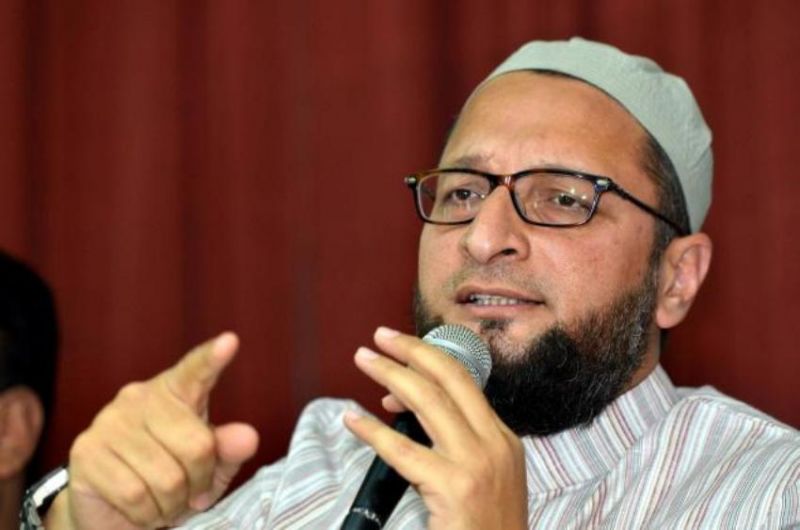
Hyderabad: On Saturday, March 16th, Asaduddin Owaisi, the President of the All India Majlis-e-Ittehadul Muslimeen (AIMIM), filed a plea with the Supreme Court, urging for a suspension of the implementation of the Citizenship Amendment Act (CAA). In his petition, Owaisi argued that the Act poses a threat to the Muslim community in India.
Owaisi emphasized that the CAA not only overlooks the granting of citizenship but also discriminates against a minority community, leading to targeted actions against them due to denial of citizenship. He urged the government to refrain from processing any citizenship applications under Section 6B of the Citizenship Act, 1955, as amended by the Citizenship (Amendment) Act, 2019, while legal proceedings are ongoing. Additionally, he requested that no recourse be permitted under the proviso to Section 2(1)(b) of the Act.
It's worth noting that in 2019, Owaisi had submitted a petition to the Supreme Court, arguing that the CAA failed to meet the standards set by Article 14 of the Constitution. These petitions come amid the Central government's enforcement of the Citizenship Amendment Act (CAA), passed by Parliament in 2019. The Act aims to expedite citizenship for non-Muslim refugees from Pakistan, Bangladesh, and Afghanistan, who arrived in India before December 31, 2014.
While opposition leaders have criticized the notification of the Act, Union Home Minister Amit Shah has reiterated that the CAA does not revoke anyone's citizenship and aligns with the constitutional commitment to provide refuge to persecuted religious minorities from neighboring countries. Owaisi's move to challenge the CAA in the Supreme Court follows the recent notification of the Citizenship Amendment Rules 2024 by the Central government, aimed at enforcing the provisions of the CAA.
The Supreme Court is scheduled to hear the petitions on March 19th. Meanwhile, the Government has defended the Act, emphasizing its adherence to constitutional principles and its humanitarian intent to offer shelter to persecuted minorities from neighboring Muslim countries.
Bihar Chief Minister Nitish Kumar Allocates Portfolios After Cabinet Expansion
Lok Sabha Elections 2024: Schedule Officially Declared
Archaeological Excavation in Nachne Village: Uncovering India's Oldest Temples